

“SCKREEECH is the verbal representation of the noise that is produced during an abrupt braking and that determines the blocking of an action in progress.”
It is with these words that Clarissa Falco, class of 1995, the tenth artist in the Cober70: Mountains at (He)Art project, describes the work she created for us interpreting our new model from the Freeski line, SubZero.
Sounds, in the language of comics, are an important part of the narrative and are rendered graphically through onomatopoeia. SCKREEECH is the verbal representation of the noise that is produced during an abrupt braking and results in the halting of an action in progress.
Drawing on the world of comic books and cartoons, for the creation of an artwork, is a practice that characterizes my artistic process. I believe that these literary and animation genres contribute to the creation of real cultural icons that can provide appropriate representations of the changes and transformations of our contemporary times.
Starting with the poles provided by COBER, I decided to draw inspiration from the iconic sketch in which a character, skiing, rolls downhill, dragging with him everything he encounters on his way, going to form a shapeless pile of objects.
For this reason, elements foreign to mountain imagery are found in the sculpture, such as the heating element of a washing machine or the valves of a coffee machine.
What would like to honour the history of the well-known ski pole company are, on the other hand, the ski bindings that the company started producing to replace the old ‘jaws’ that could no longer perform a truly effective function. In this regard, founder Renato Covini declared, “Ski bindings have too delicate a task to be overlooked”.
As chance would have it, a dear aunt of mine named Agnese, a well-known hoarder in the family, had, in one of her warehouses, some of the company’s ski bindings produced in the 1960s, which I promptly got my hands on to be included in the work.
And that is how SCKREEECH was born: cartoons met a quaint aunt from Liguria and, together, they told the story of COBER.
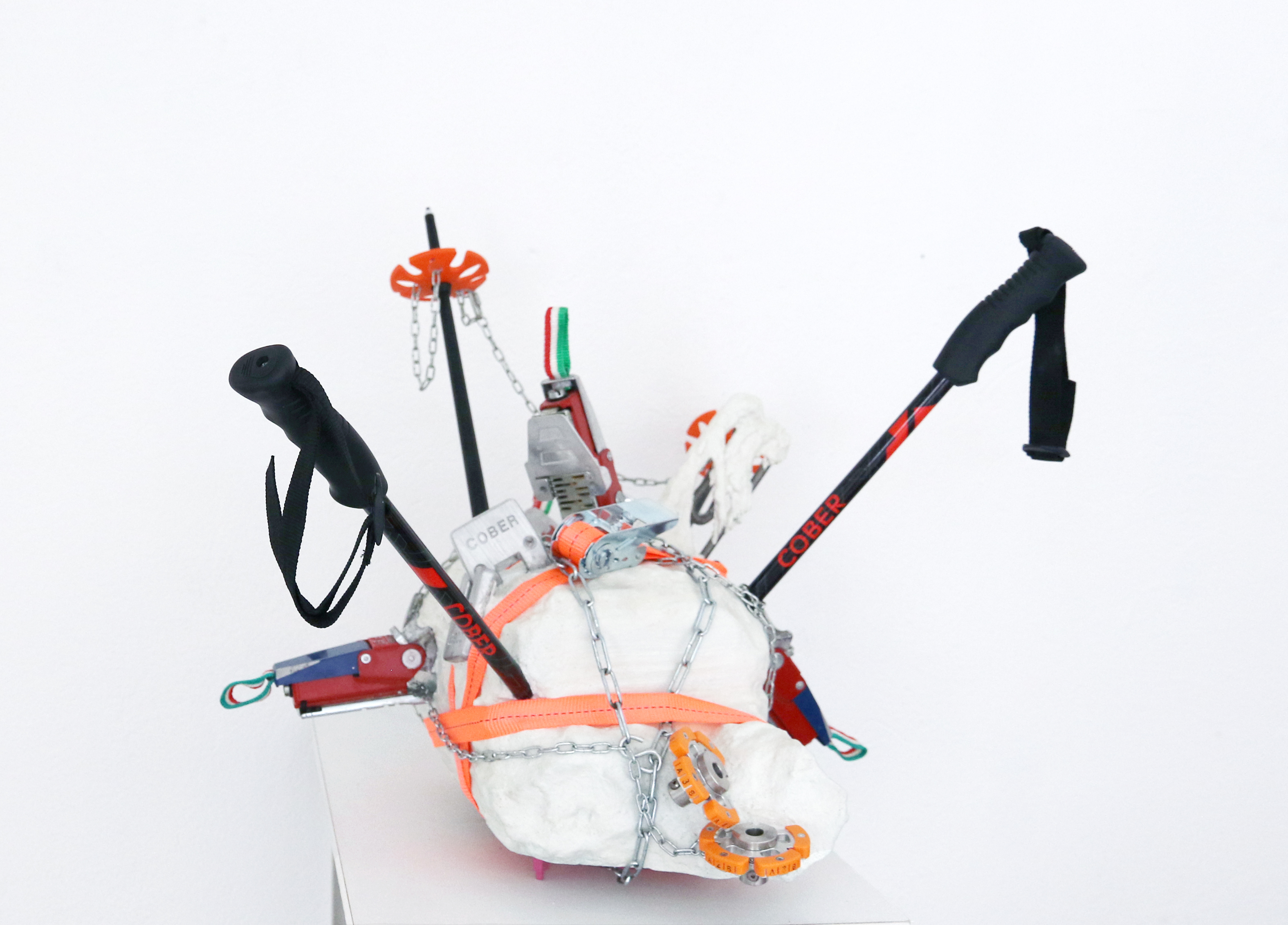
For any further information, or to acquire the artwork, you can contact us here.
Clarissa Falco, (Genoa, 1995). She holds a Masters Degree in Visual Arts and Curatorial Studies from NABA. She works, as a visual artist and performer, on issues related to the body reflecting on its condition in a constant dialogue with mechanical elements. Her works start from the idea of the body conceived as a machine, beyond the distinction between subject and object, which is deprived of its appearance to become an engine and gear, part of a machine. In the performative activity, the machine-body binarism is expressed through an automatic gesture of the performers, as if trapped in a time loop that is always the same.
Dialoguing with science and wondering how it deals with the body is what moves Clarissa interest in the machinic element. With the term machine she is not referring only to the structure but also to the ethical, social, political and cultural practices that affect us. But what are the political, ethical, social and aesthetic limits of the body? Contemporary culture has shifted the focus of hybridization from high-tech laboratories to popular culture. Science fiction and horror literature (and cinema) contribute to developing this theme, underlining their ability to record our lives changes. The consolidated success of horror and sci-fi genres are a symptom of a new phenomenon that prefers the deviant, or the mutant, over the more conventional versions of the human being. Precisely for this reason, they provide us with appropriate cultural representations of these changes and transformations. In her artistic practice, Clarissa wants to get out of the putrefied imagination where the beauty of the anomalous body was not designed to move towards a representation of the subject that underlines the urgency to think about the unity of the body-machine.
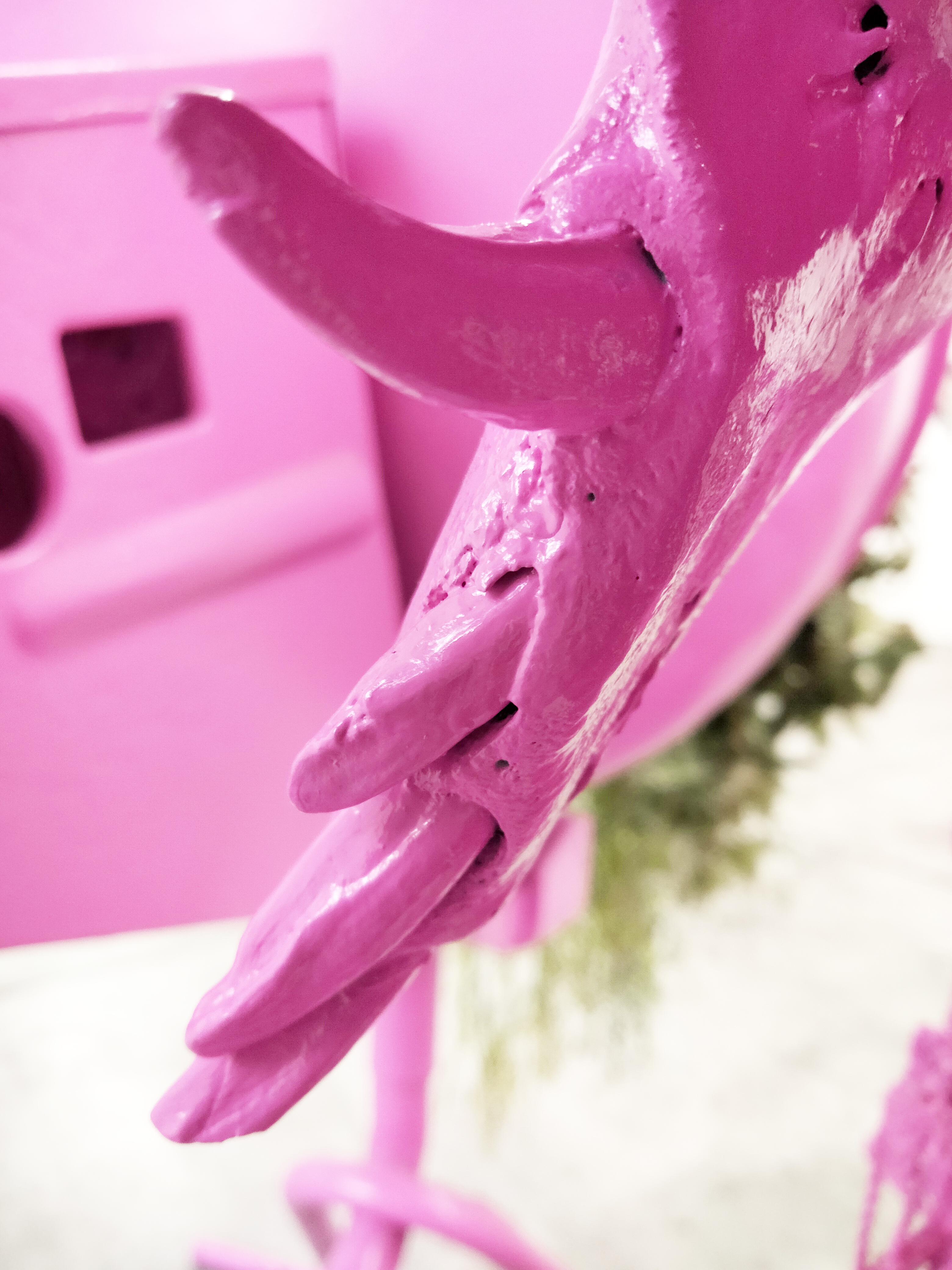
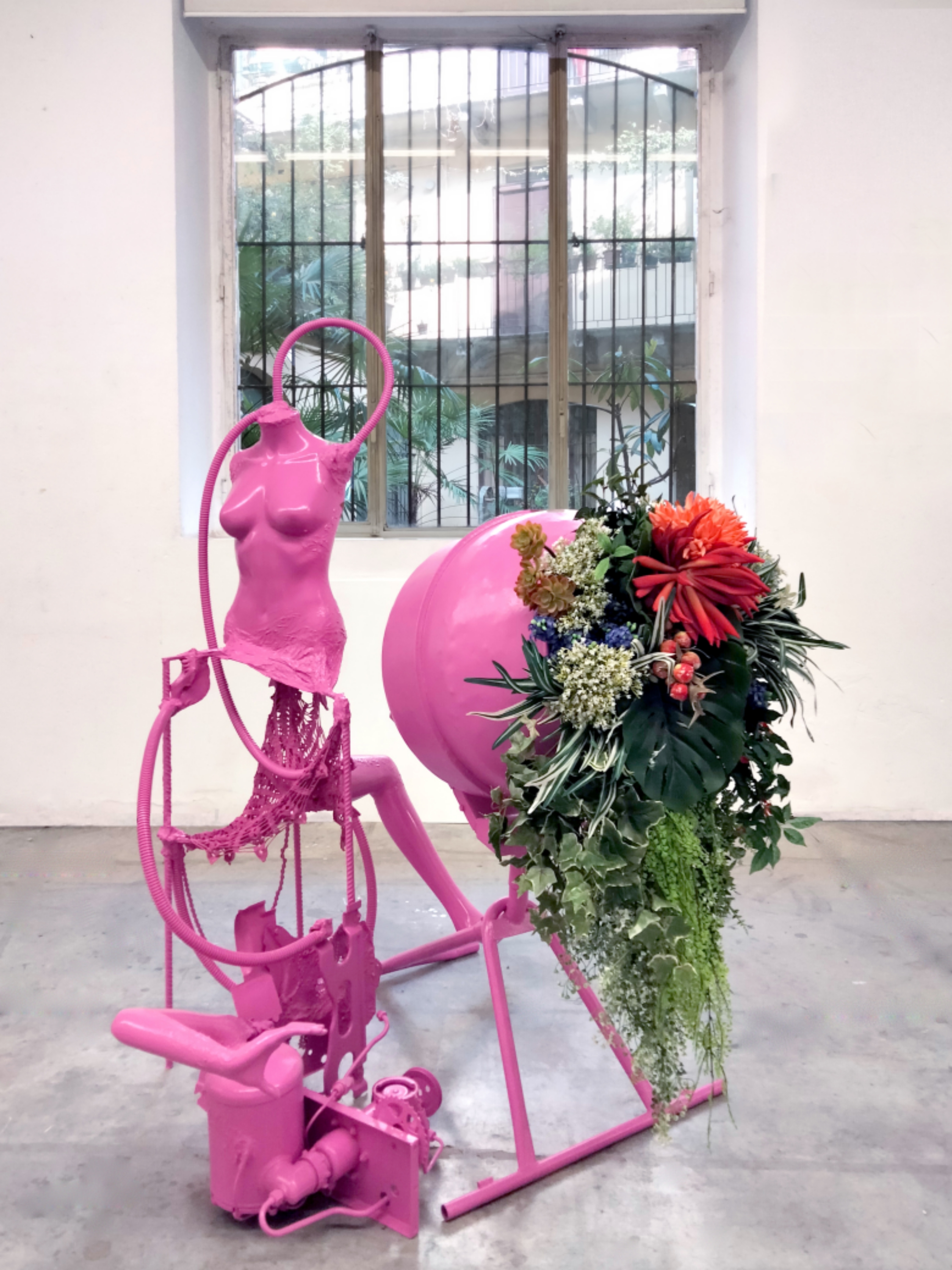
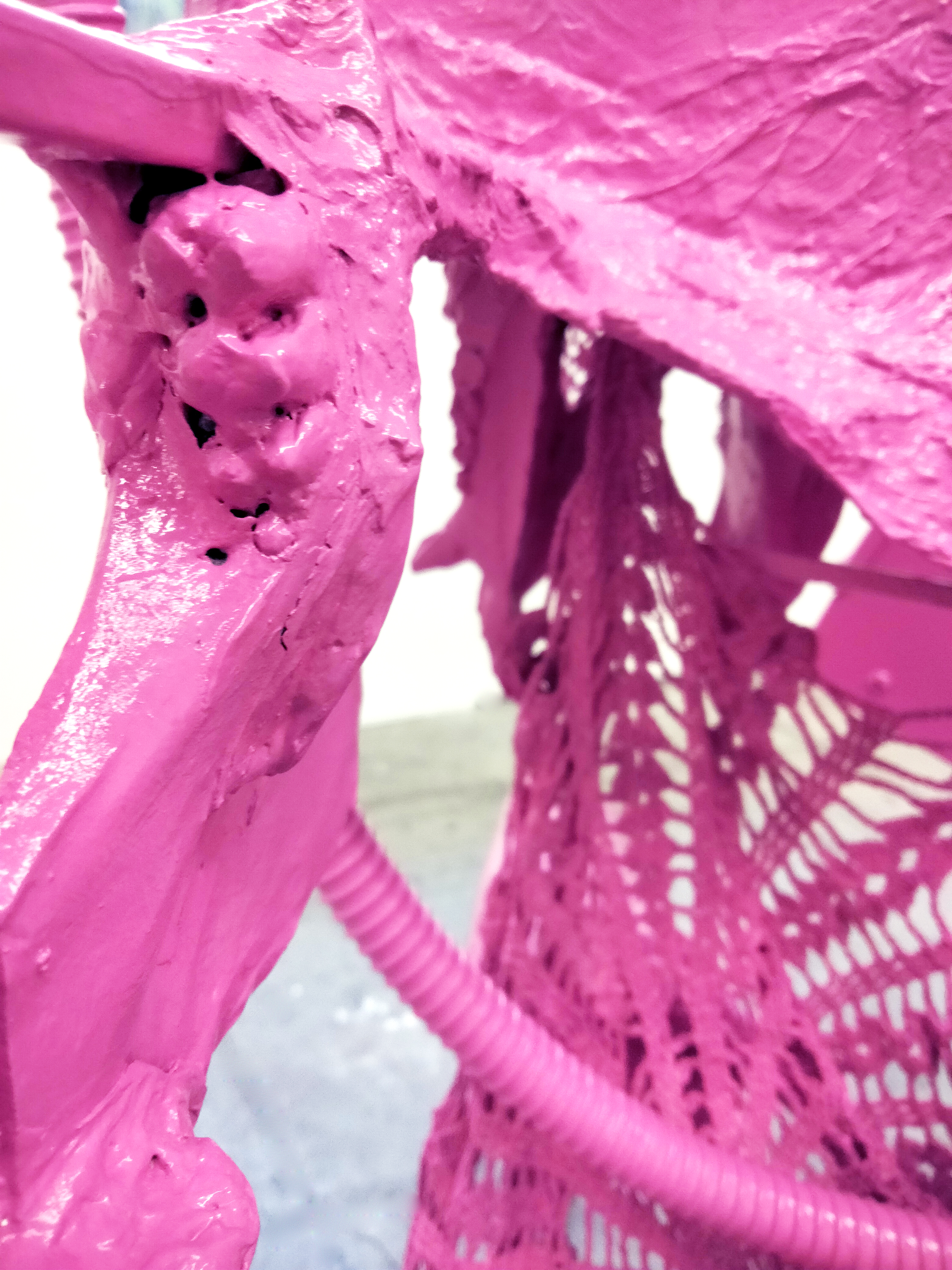
Residency
2022
ScopeBLN, Berlin
2021
Domus Artist Residency, Galatina
Pada studios, Barreiro, Lisbon
2020 – 2022
Via Farini, Via Carlo Farini 35, Milan
2020
D’Clinic, Zalaegesterzeg, Hungary
2018
DAF Struttura-Artissima Experimental Academy curaed by Jan St. Werner e Zasha Colah, Artissima, OVAL, Turin
Fairs/Prizes
2022
Second Life – Tutto torna, finalist, exhibition in Centro Pecci (PO), Palazzo Vecchio (FI), Cenacolo degli Agostiniani (FI), Palazzo senza Tempo (RO)
Art Verona, pavilion 12 stand NE2, Galleria Ipercubo, Verona
Food Data Digestion, seminar on artificial intelligence, Sineglossa, Roberto Fassone and Andrea Zaninello COMBO, Turin
2021
Fake your self, Dancity, Palazzo Candiotti, Foligno
(La) natura (è) morta? finalist CRAMUM prize, curated by Sabino Maria Frassà, Villa Mirabello, Milan
2020
REA art fair, fabbrica del vapore, Milan
Solo Exhibitions
2022
Iron Swan, Il Triangolo Gallery, Cremona
Mirrored in Spectral Machines, in collaboration with Camilla Alberti, SpazioSerra, Milan
2020
Soundtrack 7, The Woodwoman, Mimikartgallery, Zalaegesterzeg, Hungary
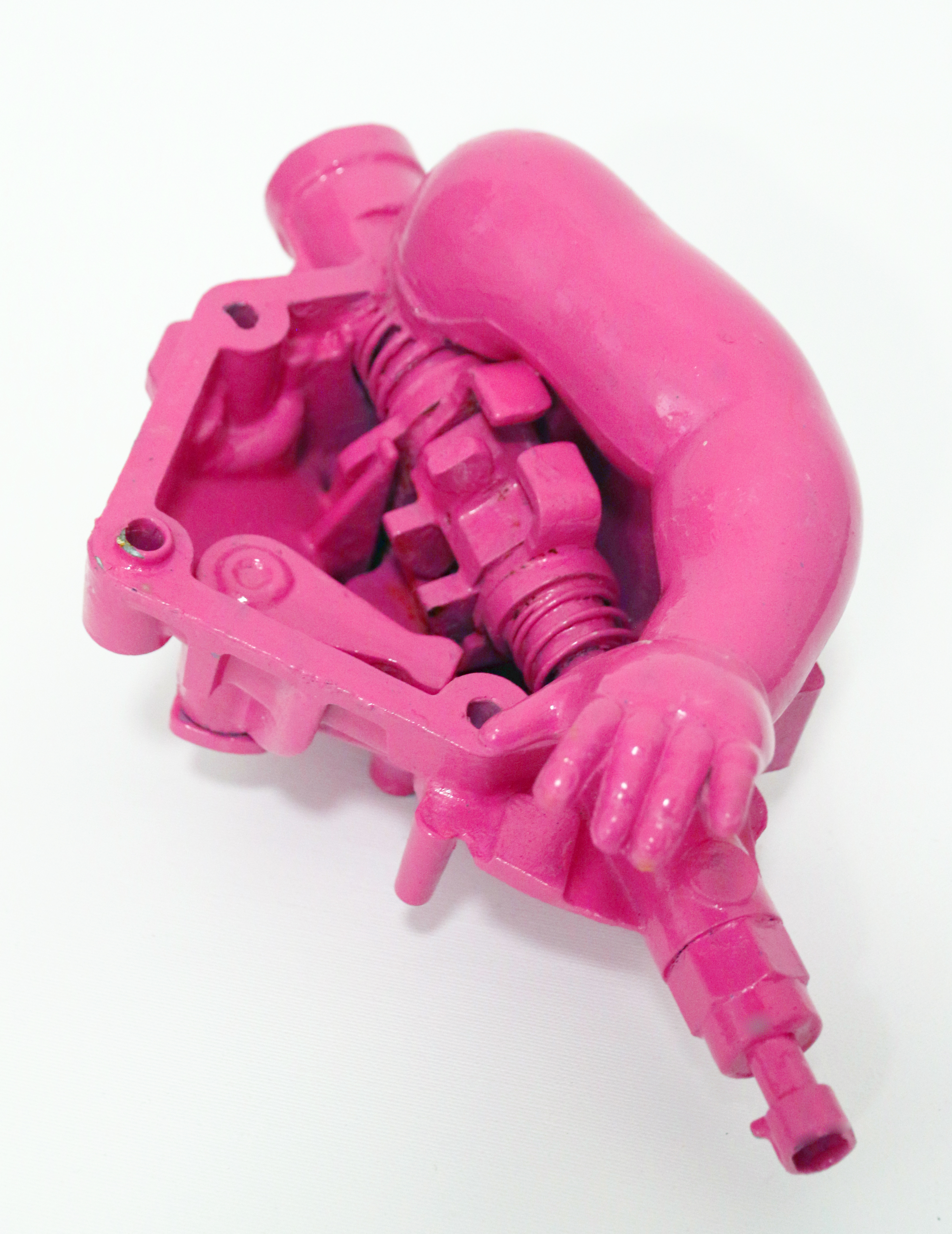
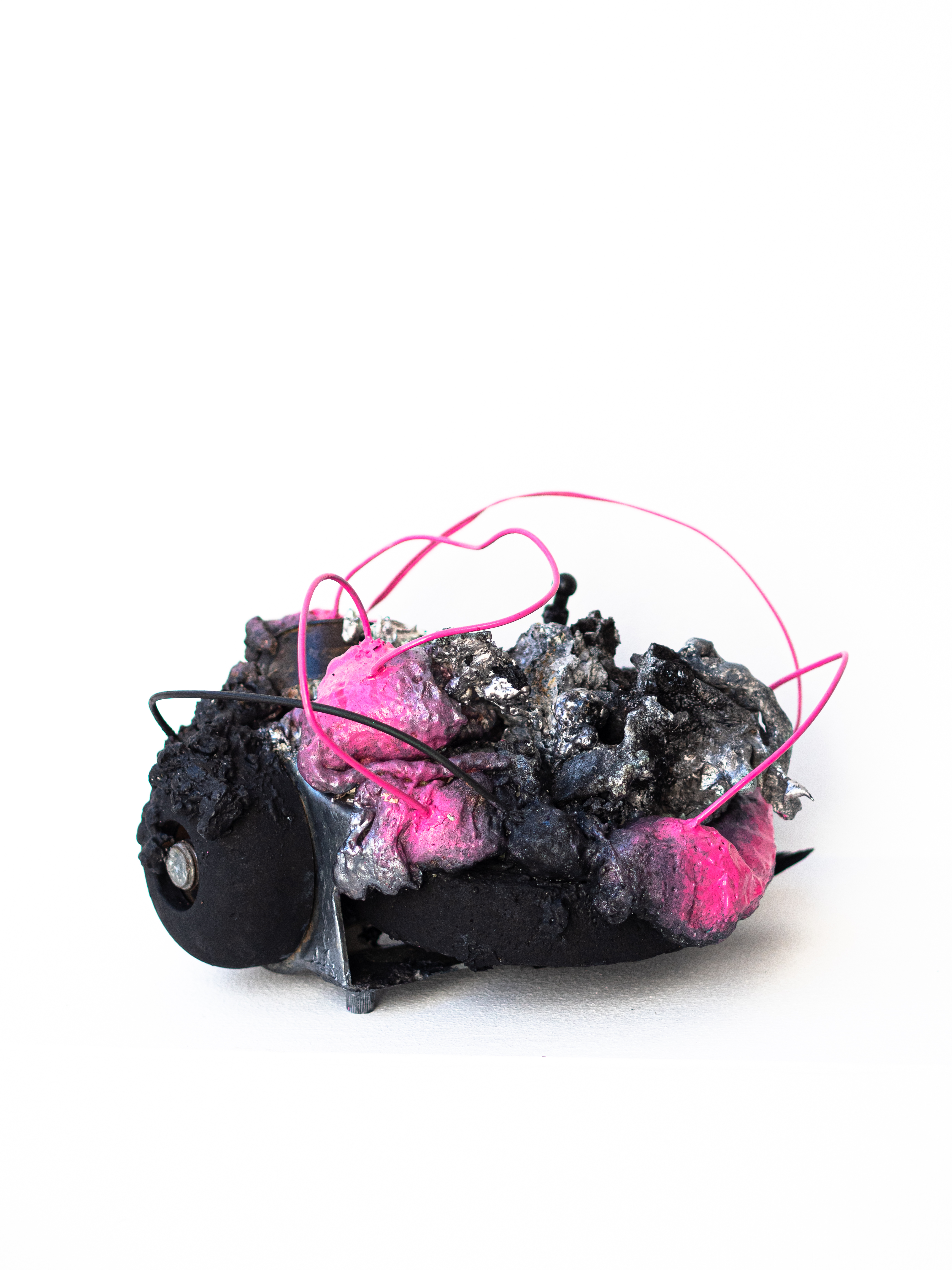
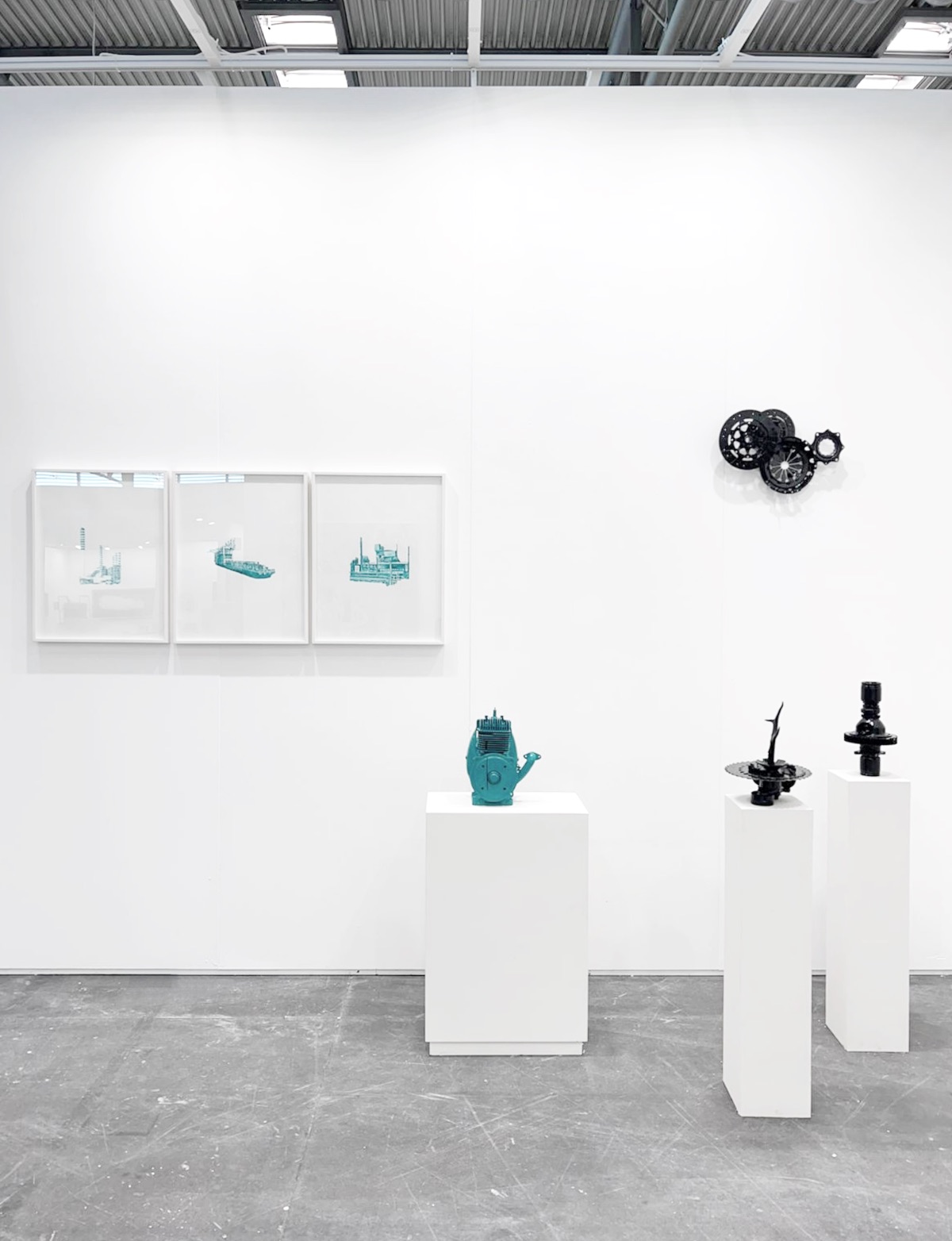
Exhibitions
2022
Visioni (s)velate, curated by Elena Bray, Via Farini, Milan
2021
L’attuale. curated by Marta Mariano, zonblu, Milan
Address Unknown, curated by Giulio Verago and Fiorella Fontana, Edicola Radetzky, Milan
Mars Bluebarries, curated by Manon Klein, Galerie PADA, Lisbon
2020
We Can Work It Out, Galleria Renata Fabbri, Milan.
2019
Every Letter is a Love Letter, curated by Alessandra Poggianti and Elvira Vannini, Terzopianogallery, Lucca
Ghosts are gone, white waves remain, OLTRE: Diario di un presunto fallimento, MACRO, Rome
2018
FOOD FOR COMMONS; FOOD FOR LIFE, Swamp School, curated by Gediminas Urbonas, Litan Pavillion, La Biennale di Venezia, Venice.
2017
Incontro #11 – What about the materiality of the body?, curated by Bianca Baroni Fondazione Pini, Milano.
Performances
2021
Modulazione, Bagni Premuda, Spotorno
2020
Corona and climate crisis, GG3, Berlin.
2019
One and Thirty-Four Chairs, curated by Adrian Paci, Museo MAXXI, Roma.
2018
Wardrobe, Michelangelo Pistoletto, The Szechwan Tale. China, Theatre an History, curated by Marco Scotini, FM Centro per l’Arte Contemporanea.
Endless Talking, Life Rebuilding, curated by Leonardo Caffo, Caffè Letterario Walden, Milan.
RAID, curated by Marcello Maloberti, Centro Pecci, Florence.
2015
One hundred people say umbrella, John Baldessari, NABA, Milan
